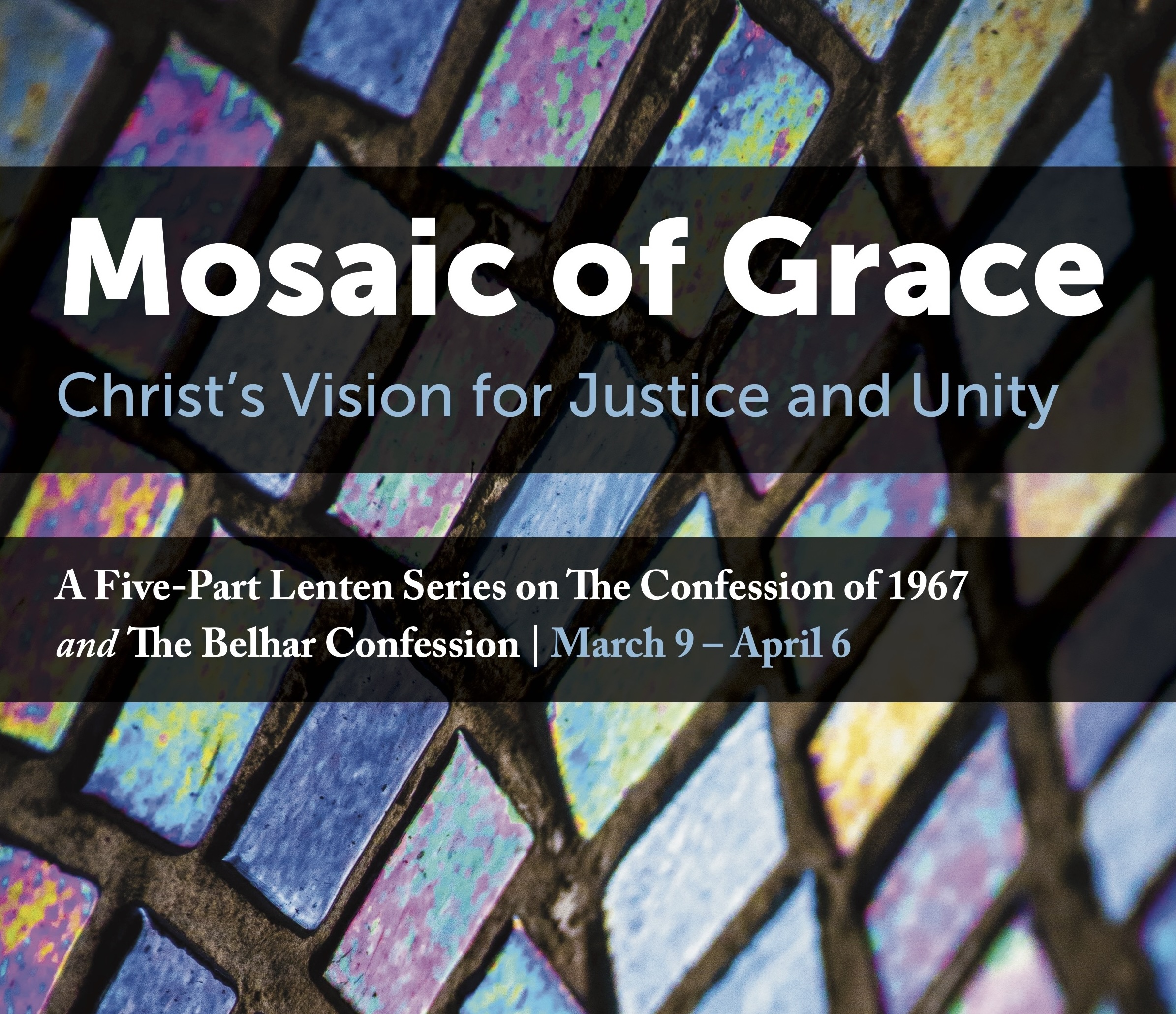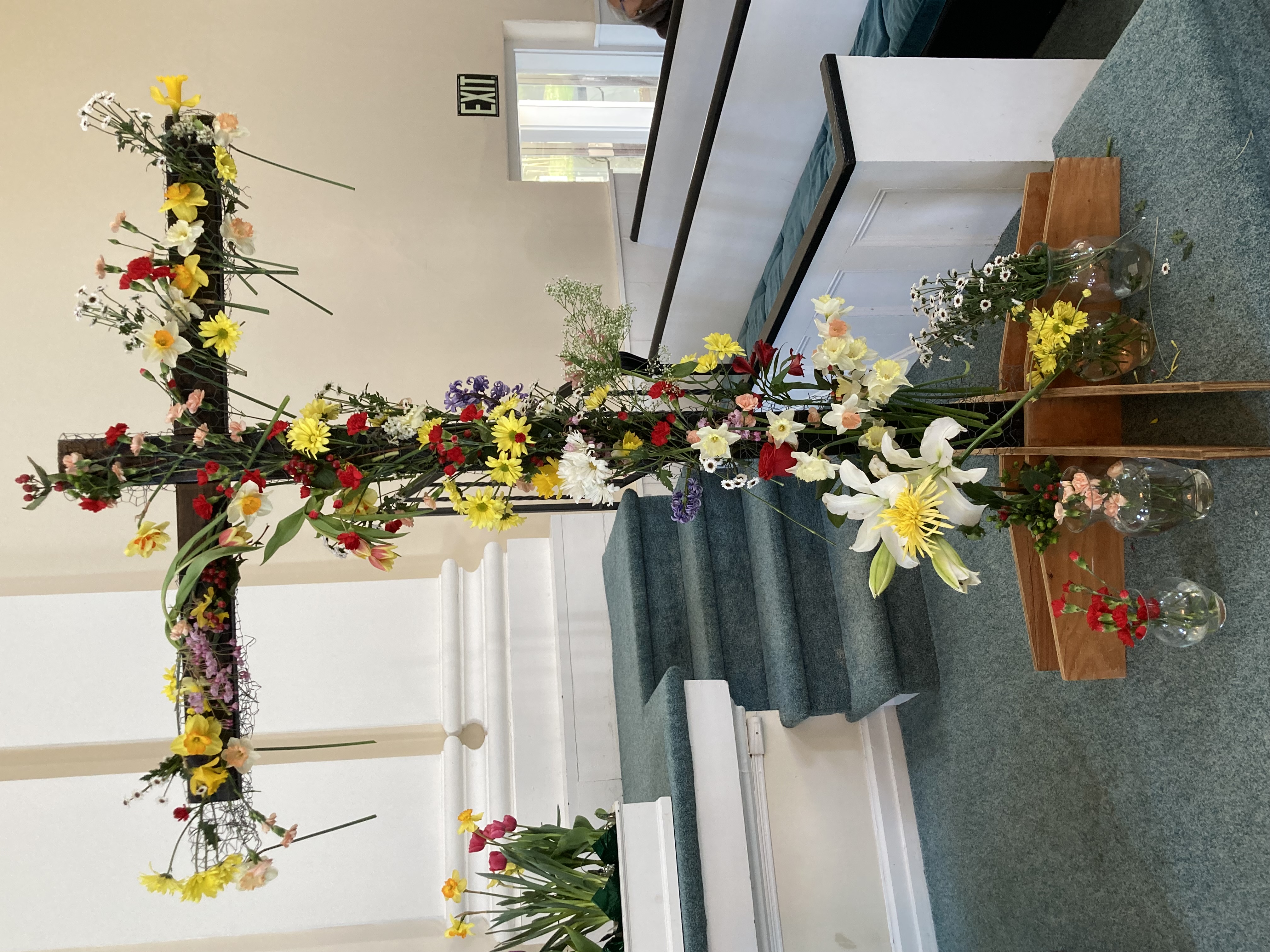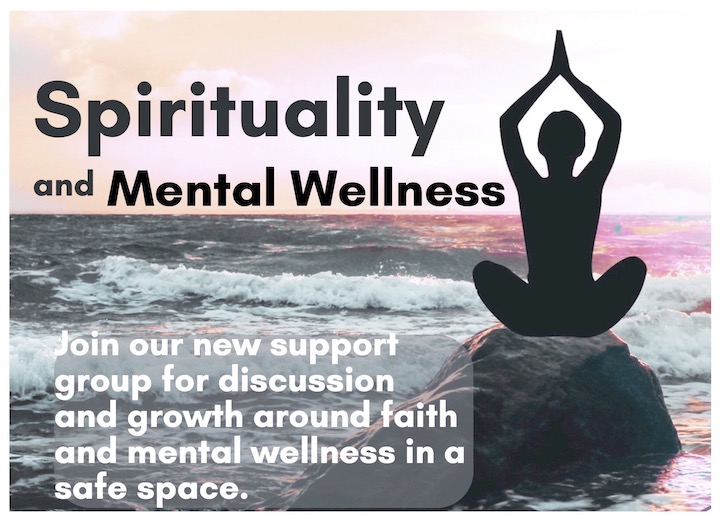Teens & Mental Health
How Do We Support Our Youth?
PCOL, a caring and covenantal church community, has become aware of the uptick in mental health symptoms in our youth over the last several years. Some of us have personally grieved with our kids who have lost friends to suicide. Others feel powerless over the increase of mental health symptoms experienced by our youth. It has been reported in 2021 that “one in three high school students and half of female students reported persistent feelings of sadness or hopelessness, an overall increase of 40% from 2009.” In 2021, the U.S. Surgeon General published an advisory report, with suggestions of how we might respond. As a clinician who has worked with teenagers for over 30 years, in both church and clinical settings, it is an encouragement for the Surgeon General to publish a report that advocates for a moral response rather than solely medical. Factors such as individual, family, community, environment, and society shape youth mental health. Dr. Lisa Damour, Clinical Psychologist, has found hope in this public health crisis. She states that what protects youth mental health is strong relationships with caring adults. She remarks that talking about youth mental health and providing these “caring adult relationships” are key protective factors. With this said, it seems that there is a role in the church to be caring adults, responding to our baptismal promise to guide and nurture the faith of our children and youth.
JOIN US
On Sunday, October 29, join us for our Adult Education Hour, “Teens and Mental Health: How do we support our youth?” Marcia MacKillop, LCSW and Sarah Finbow, M. Div, Director of Adult Education and Women’s Ministry will host an informal conversation, where we will provide some updated data and education on various factors that contribute to this public health crisis.
_________________________________________________________________________________________
 Marcia MacKillop is a Licensed Clinical Social Worker in New Jersey and Pennsylvania. She provides outpatient psychotherapy for people with ADHD, anxiety, depression, mood disorders, PTSD, and family issues that stem from addiction and mental illness.
Marcia MacKillop is a Licensed Clinical Social Worker in New Jersey and Pennsylvania. She provides outpatient psychotherapy for people with ADHD, anxiety, depression, mood disorders, PTSD, and family issues that stem from addiction and mental illness.
Marcia treats individuals of all ages, with a special focus on teens and young adults who are adjusting to life transitions. She has worked with teens and their families for over 30 years in a variety of settings, including inpatient hospital adolescent, dual diagnosis, acute psychiatric and involuntary units. This experience is foundational to her training and understanding of how to diagnose, treat and determine when pharmacological interventions are warranted. Marcia holds two master’s degrees, receiving her training at Rutgers School of Social Work, MSW and Princeton Theological Seminary, M.Div.





